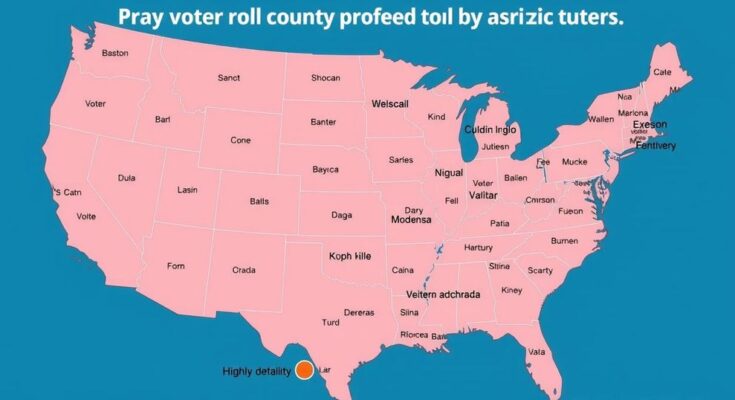Counties in Pennsylvania have removed 11,878 inactive voters as part of routine maintenance, which has been praised by election skeptics. However, county officials clarify that these actions follow legal requirements and are not the result of any outside influence from activist groups. The process reflects ongoing efforts to ensure electoral integrity while navigating public concerns about voter registration accuracy.
In Pennsylvania, recent voter roll maintenance efforts have resulted in the removal of nearly 12,000 inactive voters, a process that has sparked celebration among certain activist groups. However, county election officials affirm that these removals are part of the routine post-election maintenance mandated by law rather than actions initiated by these groups. Jim Allen, the election director for Delaware County, emphasized that the removals are necessary legal procedures to adhere to both state and federal regulations concerning voter registration.
Voter roll management is a critical aspect of election integrity and is governed by a combination of state and federal laws. The National Voter Registration Act of 1993 outlines the protocols for maintaining accurate voter registration lists. These require the removal of inactive voters after they have remained unresponsive through two federal election cycles, ensuring that the voter rolls reflect current and eligible voters. This discussion arises amidst ongoing debates on election transparency and integrity, particularly following the controversies surrounding the 2020 presidential election.
The removal of thousands of inactive voters from Pennsylvania’s voter registration lists has highlighted the tension between election integrity activists and county election officials. While some activists celebrate the removals, claiming they bolster electoral confidence, county officials maintain that these actions are routine and legally required. The differing perspectives underscore the complexities of managing voter rolls in an environment charged with political scrutiny and skepticism regarding election processes.
Original Source: www.witf.org




